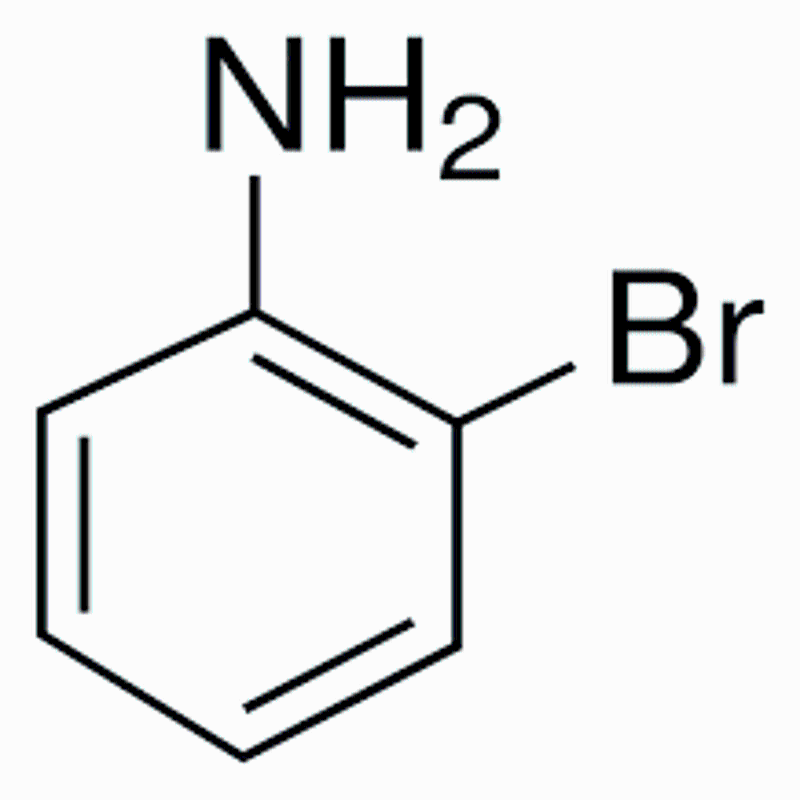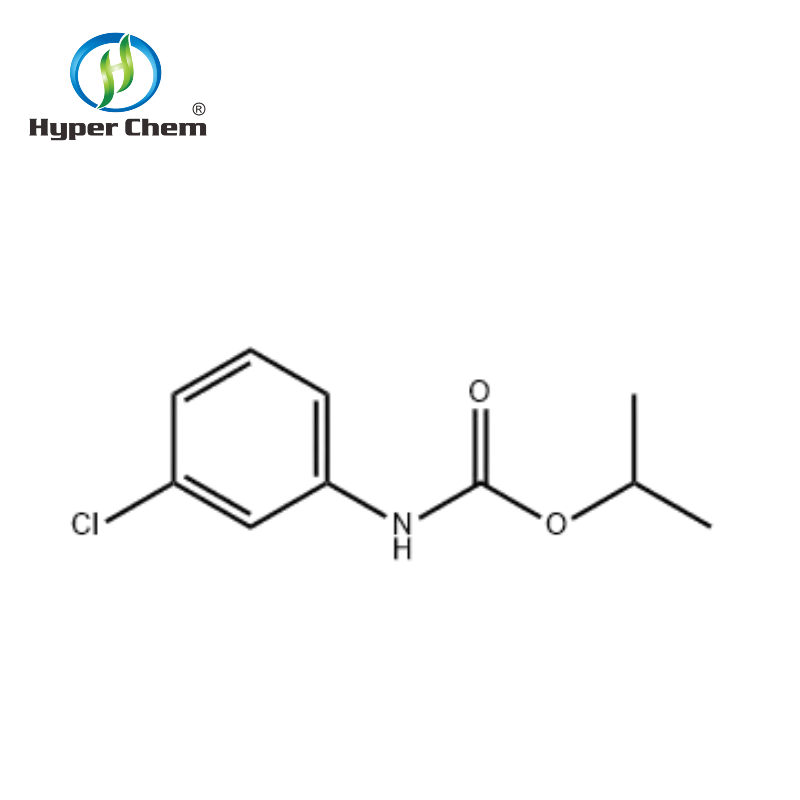-
Categories
-
Pharmaceutical Intermediates
-
Active Pharmaceutical Ingredients
-
Food Additives
- Industrial Coatings
- Agrochemicals
- Dyes and Pigments
- Surfactant
- Flavors and Fragrances
- Chemical Reagents
- Catalyst and Auxiliary
- Natural Products
- Inorganic Chemistry
-
Organic Chemistry
-
Biochemical Engineering
- Analytical Chemistry
-
Cosmetic Ingredient
- Water Treatment Chemical
-
Pharmaceutical Intermediates
Promotion
ECHEMI Mall
Wholesale
Weekly Price
Exhibition
News
-
Trade Service
Tebuthiuron is an herbicide used in the chemical industry to control weeds in various crops, including soybeans, cotton, and rice.
It is known for its effectiveness in killing weeds without harming the crops.
However, the safety of tebuthiuron has been a topic of concern for many years.
Tebuthiuron is classified as a Group C herbicide, meaning that it is considered to be slightly to moderately toxic to humans.
The main health risks associated with tebuthiuron are skin irritation and respiratory problems.
Studies have shown that tebuthiuron can cause skin irritation, including redness, swelling, and blistering.
It can also cause respiratory problems, such as coughing, wheezing, and difficulty breathing.
Prolonged exposure to tebuthiuron has been linked to an increased risk of cancer, specifically leukemia.
The risk of exposure to tebuthiuron is highest for workers who handle the chemical on a regular basis.
It is important for these workers to take proper precautions to protect themselves from the health risks associated with tebuthiuron.
This includes wearing appropriate personal protective equipment (PPE), such as gloves and a mask, and avoiding prolonged exposure to the chemical.
The chemical industry as a whole has come under fire in recent years for its lack of safety measures and regulations.
Many chemicals, including tebuthiuron, have been found to pose a significant risk to workers and surrounding communities.
In response to these concerns, the chemical industry has begun to implement new safety measures and regulations.
For example, many companies have started to phase out the use of certain chemicals, such as tebuthiuron, that are known to be particularly harmful.
In addition, the industry has begun to place greater emphasis on worker safety and training.
Companies are now required to provide their employees with proper PPE and to provide training on how to handle potentially hazardous chemicals.
While the safety of tebuthiuron is a concern, it is still widely used in the chemical industry.
It is important for workers and surrounding communities to be aware of the potential health risks associated with the chemical and to take appropriate precautions to protect themselves.
In conclusion, tebuthiuron is a commonly used herbicide in the chemical industry that can cause skin irritation and respiratory problems.
Prolonged exposure to tebuthiuron has been linked to an increased risk of cancer, specifically leukemia.
The chemical industry as a whole has begun to implement new safety measures and regulations to protect workers and surrounding communities from the harmful effects of chemicals like tebuthiuron.
It is important for workers and communities to be aware of the potential health risks associated with tebuthiuron and to take appropriate precautions to protect themselves.







